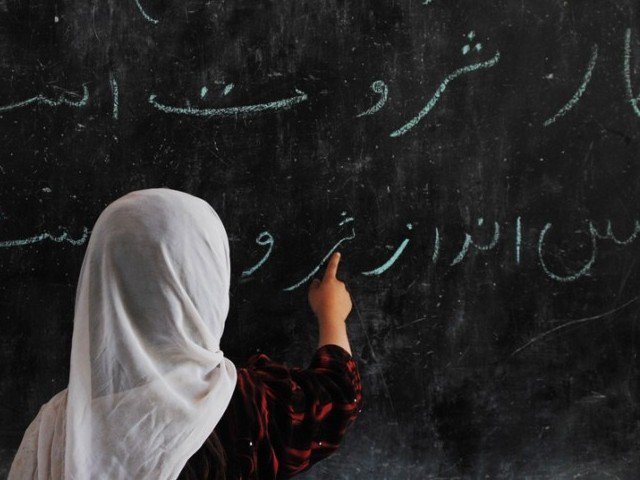
The new national education policy (NEP) appears to be heading nowhere despite Education Minister Balighur Rehman’s claims at different forums that 2016 would be the year for launching the policy.
The new policy – eighth of its kind since 1947 – was planned to be a rehashed version of the 2009 education policy. Work on the policy was started in 2014 after the establishment of a 26-member advisory committee, which included senior educationists and policymakers.
Background talks with educationists privy to the matter show that they are dejected and unsatisfied with the delay in one of the most important issues, which has a direct bearing on the country’s future.
Causes for delay
The advisory committee has so far focused on curricula, standards for teaching and other related issues but has hardly touched upon the education policy. The ministry was considering issuing a notification that it is officially working on the education policy but it delayed the move for several reasons.
“Among them the prime reason is that the government has not sought services of educationists who have worked on such polices in the past,” said an official, who was working on the policy.
He maintained that the work was not even in the initial phase and it was impossible for the government to complete it by the end of this year.
The only headway is that the ministry has finalised names for the members of National Curriculum Council and sent a summary to the prime minister for approval. There are 10 posts which include that of joint educational adviser, deputy education adviser, assistants and information technology experts etc.
Talking to The Express Tribune, Balighur Rehman agreed that there was some delay and that the first draft of the policy could not be put before the education ministers’ body from the provinces earlier in January.
The education ministers’ body has been facing a controversy as the provinces especially Sindh wants to know why the federal government is facilitating the education policy after the devolution of the subject to the provinces in the wake of the 18th Constitutional Amendment.
Sindh is working in education ministers’ body but only as an observer and has hardly sent its education minister for the meetings that are held in different parts of the country. The federal minister is of the view that it is necessary for the country to have a cohesive curriculum and minimum standards for integration among the provinces.
Another official, who is member of the advisory body, said the delay was a result of putting the matter into the hands of bureaucrats. On the other hand, the minister was convinced that the policy would be finalised by the end of this year. “I am sure we will be done with it by the end of 2016,” he added.
Published in The Express Tribune, May 29th, 2016.
1731570357-0/elon-musk-(1)1731570357-0-405x300.webp)
-(1)1717678110-0/Kendrick-(1)-(1)1717678110-0-165x106.webp)



1732428532-0/BeFunk_§_]__-(43)1732428532-0.jpg)




1725254039-0/Untitled-design-(24)1725254039-0-270x192.webp)






COMMENTS
Comments are moderated and generally will be posted if they are on-topic and not abusive.
For more information, please see our Comments FAQ